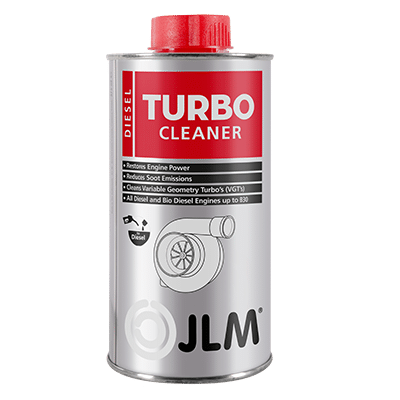By Rob Marshall

Unlike many journalists, Rob Marshall likes to get his hands dirty, while sniffing-out the latest stories. As a proven technical writer, photographer and videographer, Rob’s CV includes OEMs, motoring periodicals and even television programmes. Yet, the automotive aftermarket has a special place in his heart. He joins JLM Drive after evaluating our additives for several British consumer magazines.
As the world wrestles with containing the virus, JLM Lubricants advises about how you can prepare vehicles that enter your workshop to be ready for the challenges ahead.
While our political leaders scramble to coordinate definitive responses to halt COVID-19’s spread, garage professionals must maintain clear thinking in these uncertain times. Just like our esteemed leaders, we at JLM Lubricants do not hold a crystal ball and cannot predict precisely how every citizen in every nation will be affected. Yet, we can lean on our expertise and experience to assist you with preparing customer vehicles for potential restrictions during winter. After all, an engine that
refuses to start in an emergency situation could be life-threatening. Similarly, a breakdown might not only be a safety risk but also can stretch resources of emergency services.
The technical challenges
Irrespective of the pandemic, motorcars of all types deteriorate if unused and not prepared in advance. Should petrol be left in the tank for longer than several weeks, it oxidises and deteriorates noticeably, especially if it contains ethanol. Both E5 and E10’s ability to absorb water accelerates in damp, wintry conditions. Once a saturation point is reached, an incombustible and useless ethanol/water gunk falls to the bottom of the tank, leaving a sub-standard low-octane fossil-fuel derived petrol remaining on top of it. While JLM’s E10 fuel treatment prolongs fresh petrol’s shelf-life, advise customers to keep their tanks brimmed to reduce condensation from developing in the void that is occupied by fresh air.
While elderly petrol produces harmful deposits, short journeys accelerate their production further. This is down mainly to an engine working below its optimum working temperature, a situation that also increases internal wear and threatens reliability. Further complications stem from ill-informed advice that encourages owners engines at least weekly and leave them idling for 15 minutes to keep the 12-volt battery charged. We do not recommend this, not only because of the increased contamination and wear it inflicts on the engine but also the exercise is unlikely to replenish the charge needed to start the engine in the first place. JLM Lubricants recommends that using a smart charger to keep the battery charged fully is a superior technical alternative.
The extra contamination created by a cold engine also fouls the oil and fuel injectors prematurely. A downward spiral results, creating even more deposits, which clog EGR valves and engine intakes, especially on Gasoline Direct Injection (GDI) engines. Diesel vehicles are not immune, either. Diesel Particulate Filters (DPFs) tend not to reach sufficiently high temperatures on low-speed drive cycles to regenerate, resulting in blockage. Some owners believe that running the engine at high speeds at full throttle will clear the system. In reality, they are inviting further mechanical damage. Solutions to resolve high DPF soot loadings are best addressed using mechanically sympathetic, gentler methods and not heavy-handed aggression.
Maintenance: playing catch-up
Even after most national lockdowns were relaxed in the early summer, some of the affected motor vehicles have not recovered from the impact. Concerns about spreading the virus has led many motorists to avoid garages, compounded by some governments extending time limits for mandatory roadworthiness inspections, such as the MOT Test. Naturally, this also risks scheduled maintenance becoming overdue, the frequency of which is linked to not just mileage but also time.
Therefore, it is up to garages to communicate actively with their regular customers, inviting them to have their cars serviced, to prepare them before the colder weather arrives. One of your tasks must be
to remove any contamination that might have accumulated due to inactivity and short drive cycles from earlier this year. A quality engine oil flush plays a vital role to cleanse the crankcase and extend the protective properties of fresh lubricant, while a decent fuel injector cleaner dissolves accumulations from the fuel system that may have originated from expired petrol, or diesel.
To add reputational value to your business and to provide extra assistance for your customers, consider recommending JLM’s fuel additive range, which they can dose into the tank themselves at a later date. While our E10 fuel treatment boasts a powerful petrol preserver and our indirect and GDI fuel injector cleaners act as detergents and preventative treatments, do not forget diesels. JLM’s DPF Regen Plus reduces the temperature needed for the soot within the DPF to vapourise, decreasing the chance of a blockage. Yet, highlights the importance of not overdosing. For cars with excessively blocked DPFs, JLM can also support your workshop with professional solutions that negate dismantling and mechanically stressful forced regenerations, such as our DPF cleaning and flush pack used with the professional DPF toolkit.
These solutions offer cost-effective advantages, highlighting the value of specialist knowledge to help you better serve your customers’ cars for the challenges that lie ahead within the next six months, whatever they might be.

